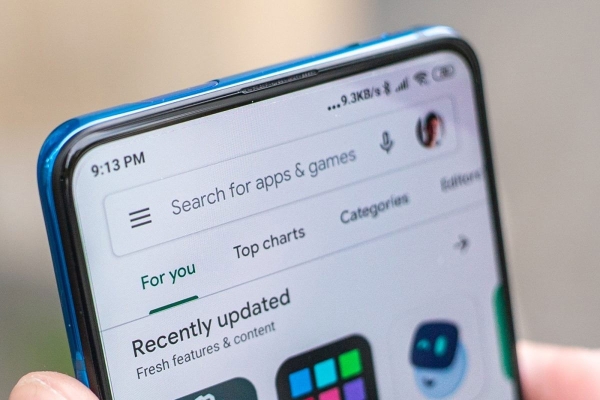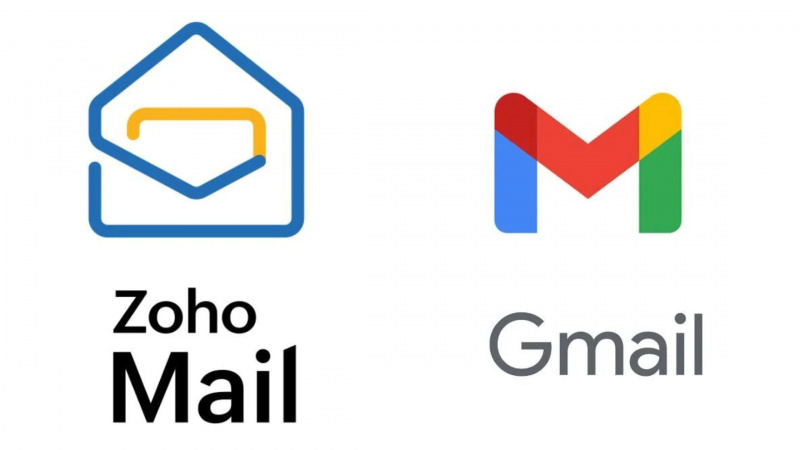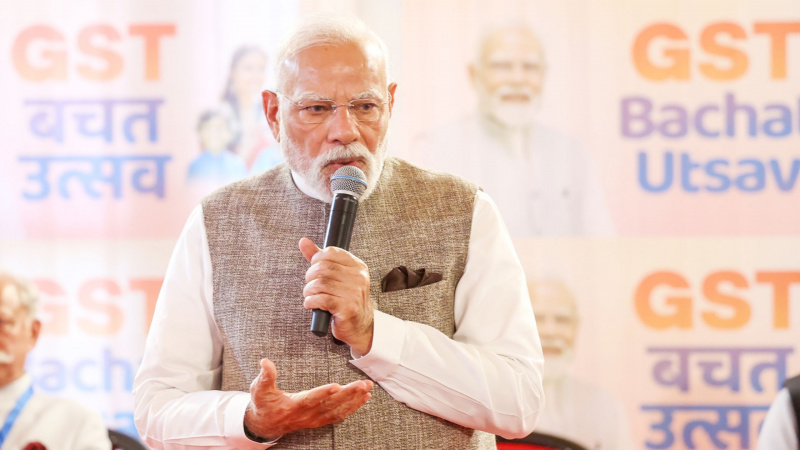Android phones in India may be launched without pre-installed Google apps
Henceforth, Android smartphones in India may not come with the mandatory Google apps like Chrome, G Pay, Gmail and Maps. Instead, users will now be able to choo
- by B2B Desk 2023-02-23 04:47:07
Henceforth, Android smartphones in India may not come with the mandatory Google apps like Chrome, G Pay, Gmail and Maps. Instead, users will now be able to choose their apps from Playstore, the only app that will be pre-installed with Android.
Original Equipment Manufacturers (OEMs) will be able to license individual Google apps for pre-installation on their devices.
These changes are in compliance with the recent CCI order and affect how Android and Play will operate in the country going forward. Google India has confirmed the development.
"We take very seriously our pledge to abide by local laws and regulations in India. The Competition Commission of India (CCI)’s recent directives for Android and Play require us to make significant changes for India, and today we’ve informed the CCI of how we will be complying with their directives,” the tech major said in a statement.
Google has further said that user choice billing will be available to all apps and games starting next month. Through user choice billing, developers can offer users the option to choose an alternative billing system alongside Google Play’s billing system when purchasing in-app digital content.

In a recent blog post, Google said: “Indian users will now have the option to choose their default search engine via a choice screen that will soon start to appear when a user sets up a new Android smartphone or tablet in India.
We’re updating the Android compatibility requirements to introduce changes for partners to build non-compatible or forked variants."Google is yet to give a timeline for these changes.
The CCI had imposed Rs 1,350-crore penalty on Google in October 2022 for allegedly exploiting its dominant position in Android. It had also told the tech company to remove restrictions on device makers, including those related to the pre-installation of apps and ensuring exclusivity of its search.
The unbundling of the GMS suite of 11 Google apps is one of the directives issued by the regulator. These apps can now be licensed on an “a la carte” basis by phone makers under the new agreement.
The company, however, asserted that Android has always supported the installation of apps from a variety of sources, including via sideloading, which involves app downloads directly from a developer’s website.
Google has reportedly been forced to develop an India-centric Mobile Application Distribution Agreement (iMADA) that is shared with the company’s handset partners in India. The terms of this agreement highlight the changes Google has been ordered to make in India by the CCI.
Penalty row
Although Google India has made changes in the policy, it is yet to pay the penalty imposed by the CCI. The tech giant approached the apex court after NCLAT refused to vacate the CCI order.
On January 20, the SC asked NCLAT to decide on Google's challenge by March 31.
In an earlier statement, Google had said: “We continue to respectfully appeal certain aspects of the CCI’s decisions and will champion our core principles of openness, expanding user choice, providing transparency and maintaining safety and security that have served the interests of the larger ecosystem.”
Interestingly, Google is also setting up an ‘Indian Placement Agreement’, which pays companies to pre-install any of the 11 core Google apps and place them on the home screen by default. The pay outs are not mentioned, though.
Also Read: Top 10 Largest Malls in India in 2023
POPULAR POSTS
The Agentic Revolution: Why Salesforce Is Betting Its Future on AI Agents
by Shan, 2025-11-05 10:29:23
OpenAI Offers ChatGPT Go Free in India: What’s Behind This Big AI Giveaway?
by Shan, 2025-10-28 12:19:11
Zoho Products: Complete List, Launch Years, and What Each One Does
by Shan, 2025-10-13 12:11:43
Arattai vs WhatsApp: Which Messaging App Should You Choose in 2025?
by Shan, 2025-10-10 11:55:06
Top Buy Now Pay Later (BNPL) Apps for Easy Shopping in 2025
by Shan, 2025-09-22 10:56:23
iPhone 17 Sale in India Begins: Full Price List, Launch Offers and Store Availability
by Shan, 2025-09-19 12:00:45
Apple September 2025 Event Recap: iPhone 17, iPhone Air, Apple Watch Series 11, and India Pricing Revealed
by Shan, 2025-09-10 09:55:45
RECENTLY PUBLISHED

Loan EMIs to Drop as RBI Slashes Repo Rate - Full MPC December 2025 Highlights
- by Shan, 2025-12-05 11:49:44

Pine Labs IPO 2025: Listing Date, Grey Market Premium, and Expert Outlook
- by Shan, 2025-11-05 09:57:07

Top 10 Insurance Companies in India 2026: Life, Health, and General Insurance Leaders Explained
- by Shan, 2025-10-30 10:06:42

Best Silver Investment Platforms for 2025: From CFDs to Digital Vaults Explained
- by Shan, 2025-10-23 12:22:46

Zoho Mail vs Gmail (2025): Which Email Platform Is Best for Businesses, Startups, and Students?
- by Shan, 2025-10-09 12:17:26

PM Modi Launches GST Bachat Utsav: Lower Taxes, More Savings for Every Indian Household
- by Shan, 2025-09-24 12:20:59




 Subscribe now
Subscribe now 